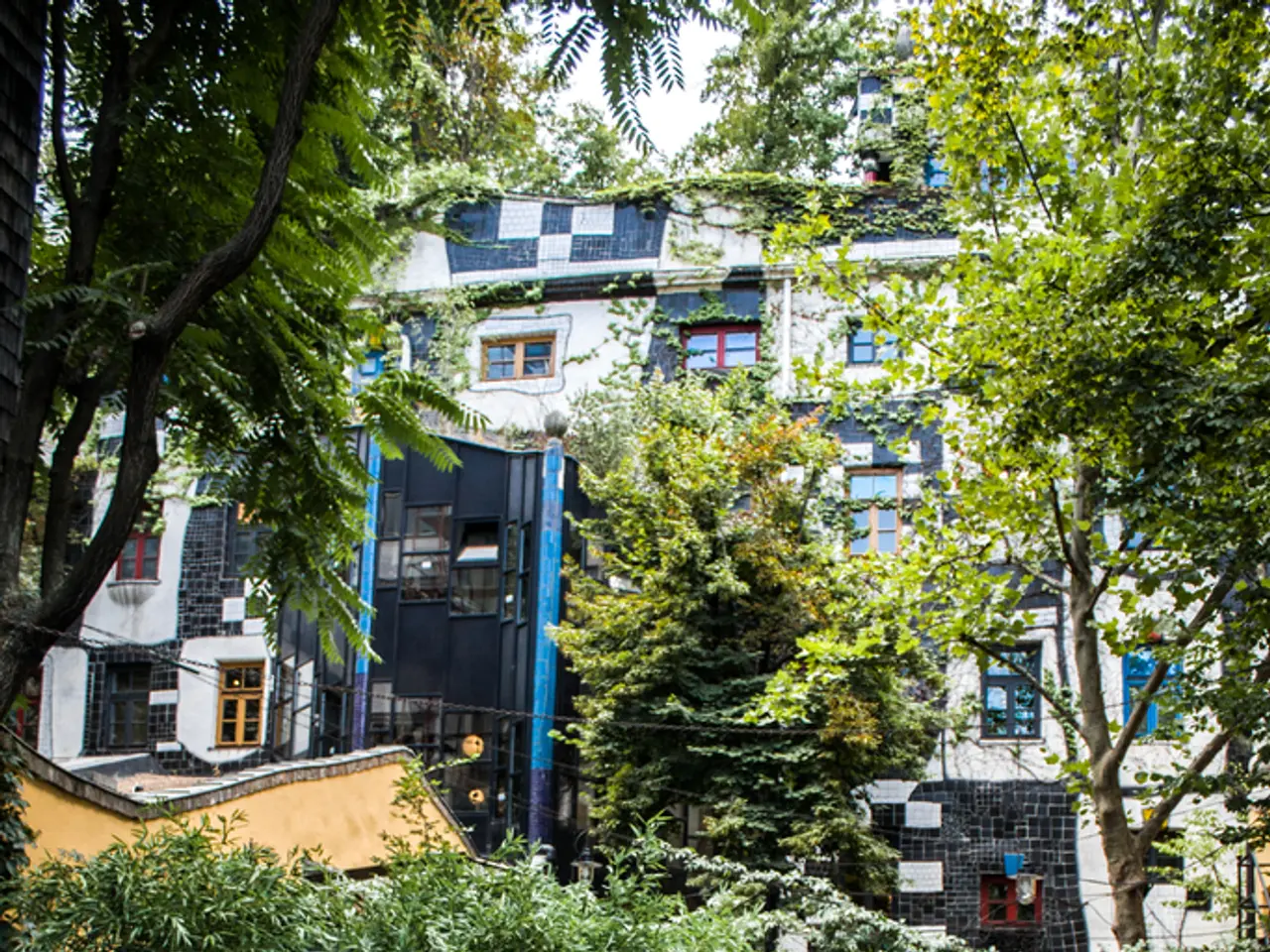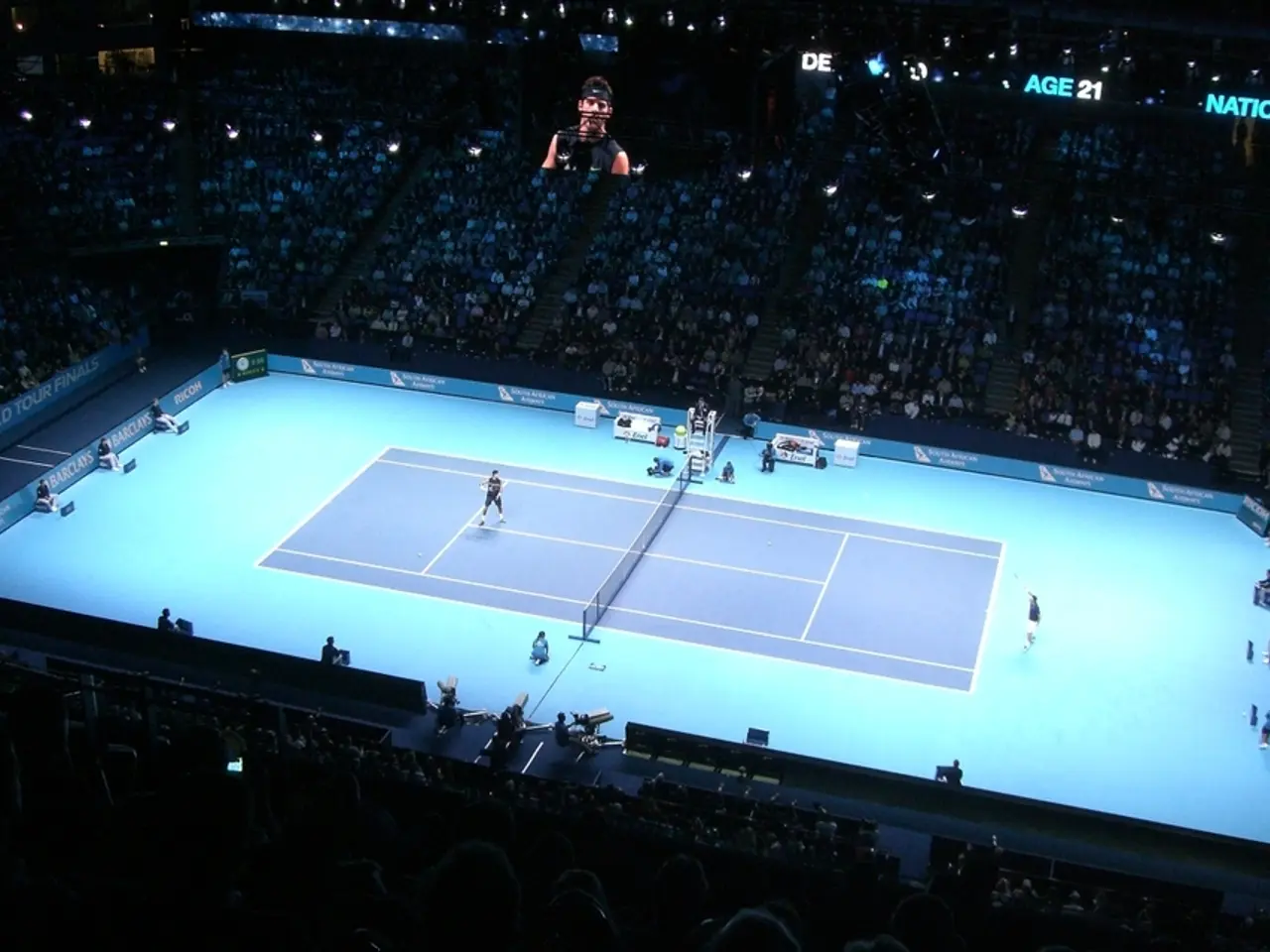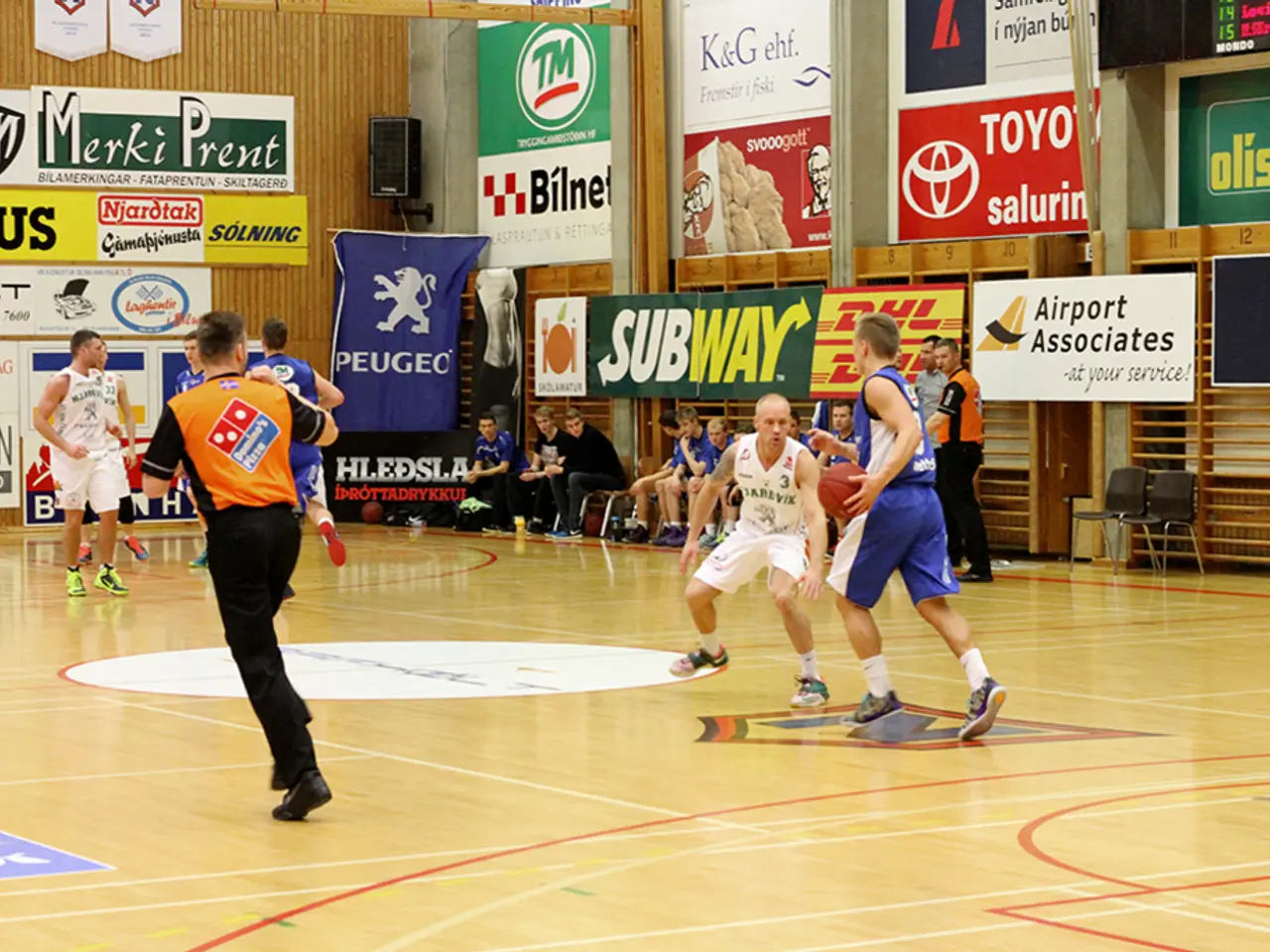Air cooling skepticism - a common German trait?
In the heart of Europe, Germany has been slow to embrace air conditioning, a common fixture in many parts of the world. This reluctance is due to several factors including historical reasons, health concerns, and a specific mindset in Germany.
Environmental Sustainability and Energy Consciousness
Germany has a strong cultural emphasis on environmental responsibility and energy conservation. This results in less reliance on energy-intensive air conditioning systems, favoring natural ventilation, efficient public transport, cycling, and energy-saving practices in homes and businesses.
Climate and Architectural Adaptation
Germany’s temperate climate has traditionally allowed for natural cooling through architectural designs such as thick walls, insulated windows, and controlled ventilation. Unlike regions with extreme heat, Germans historically had less practical need for air conditioning, making it uncommon to install or rely heavily on AC units.
Historical Urban Development
German cities like Berlin underwent extensive urban planning and infrastructural modernization since the late 19th century, focusing on orderly and efficient public standards, but not specifically on air conditioning, which became widespread later in history. This long-standing urban culture contributed to a lifestyle adapted to seasonal temperature changes without air conditioning.
Cultural Norms and Habits
There is a social norm of tolerance toward moderate heat and a preference for natural fresh air via open windows over mechanical cooling. This cultural habit contrasts with regions like the Gulf countries, where air conditioning became a status symbol and a necessity for extreme heat survival.
Many people in Germany forgo additional climate control devices due to high electricity costs. A survey by Innofact found that only around 18% of respondents use an air conditioner at home in Germany. However, almost no one today forgoes a good car air conditioner.
Challenges and Concerns
The biggest concern among Germans is that air conditioning can be drafty. Many offices, shops, hotels, and restaurants in Germany are not air-conditioned or poorly so. Many people perceive air conditioning as harmful due to drafts, dry air, cold risk, and noise.
The Berlin Transport Authority (BVG) only uses ventilation systems and has not installed air conditioners in its U-Bahn trains. The German railway often faces issues with malfunctioning air conditioners in ICE trains. In the private sector, there is an increasing willingness to invest in air conditioning, but no significant change is expected in public administration and similar institutions.
Many hospitals in Germany lack adequate climate control, which can be problematic for patients and staff. Uwe Franzke, Managing Director of the ILK in Dresden, comments that air conditioning is still viewed negatively in Germany. Air conditioners are viewed critically in Germany, with terms like "uneconomical" and "unsanitary" often used.
Future Outlook
Cultural scientist Eva Horn, a professor at the University of Vienna, believes there is a "skepticism" towards air conditioners in the German-speaking world due to cultural habits and the unfamiliarity of entering a seemingly ice-cold room. In her book "Climate - A Perception History" published in 2024, she explores this topic in depth.
Nearly two-thirds of the respondents use a mobile device, a so-called monoblock, for air conditioning. As heatwaves become more frequent and intense, it remains to be seen whether the German mindset will shift towards more widespread adoption of air conditioning.
Air conditioning is quite normal in cities like Dubai, Athens, Madrid, Bangkok, and Singapore, where extreme heat is a daily reality. As Germany grapples with its own heatwaves, the question of whether to embrace air conditioning or continue to rely on traditional methods of cooling remains a topic of debate.
In the realm of leisure activities, Germans might prefer outdoor sports like football (soccer) or cycling, rather than indoor activities that require air conditioning due to their emphasis on energy conservation and natural ventilation.
As Germany faces increasingly frequent and intense heatwaves, the future prospects of sports that are less popular in cooler climates, such as tennis or basketball, could become more promising, providing they can be adapted to accommodate the new climate conditions without excessive reliance on air conditioning.





